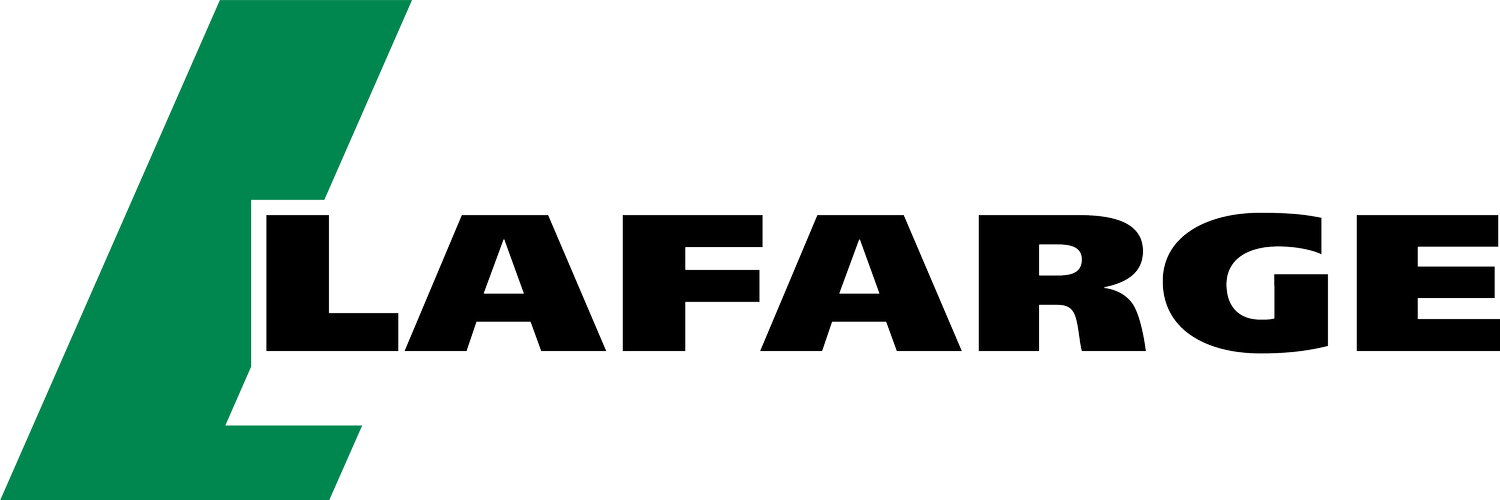
About our Low Carbon Fuel (LCF) Project
The goal of the Low Carbon Fuel Project at Lafarge Exshaw is to eventually replace 50% of the plant’s natural gas use with low carbon fuels.
This project helps repurpose waste material that would otherwise go to landfills.
The Lafarge Solution
The Exshaw Cement Plant is one of our biggest plants in North America and intend to shift the sourcing of 80% of its energy needs to low-carbon fuels within the next decade. Lafarge estimates that increased use of LCFs in the production process could cut its carbon emissions by 300,000 tonnes annually – equivalent to taking 65,000 cars off the road every year.
Lafarge has selected the following LCFs based on the materials available in Alberta:
construction renovation and demolition waste
non-recyclable plastic
carpet and textiles
shingles
treated wood products
wood products
rubber
tire fluff (the fibre removed from old tires that helps to stabilize the rubber)
Transport and Storage
Lafarge has a dedicated commercial company, Geocycle Canada, that specializes in alternative fuels and raw materials. Geocycle Canada will transport fuels to the plant by truck, and the fuels will then be stored in a building. To reduce emissions, Lafarge is authorized to screen, shred, and blend materials inside the building with all non-combustible or rejected materials being stored in waste containers. If a material is deemed unusable, it will permanently be removed from processing. The Low Carbon Fuels Project identified how to safely store fuels at the plant.
Transportation of LCF to the plant
In response to community questions about the traffic impacts of shipping Low Carbon Fuels to the plant, Lafarge updated its Traffic Impact Assessment (TIA) in 2022, and concluded the project would have minimal impact on the traffic conditions on the 1A.
Early-stage estimates for truck traffic
We have developed early-stage estimates for the number of delivery trucks associated with the proposed fuel changes. We will work to put these changes into context of total local traffic patterns and explore rail delivery in future years as an alternative.
Phase 1 (50% Substitution in Precalciner):
Clinker production: 1.35 MT
LCF substitution: 50% of total kiln fuel
LCF calorific value: 18 GJ/T
Total LCF consumption: 125,000 T
Days of operations: 330 days
Truck load: 25T/truck
Inbound trucks/day: 15
Timeline
All research including lab simulations, environmental studies, economics and logistics reviews was finalized in December 2019.
In the spring of 2022, the MD of Bighorn approved Lafarge Exshaw’s Development Permit to construct the Low Carbon Fuels storage shed. By summer 2022 we had broken ground on the project.
We’re expecting commissioning in Spring 2024.
